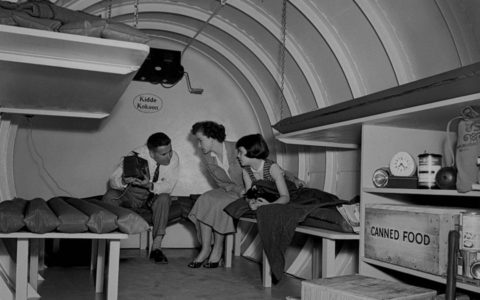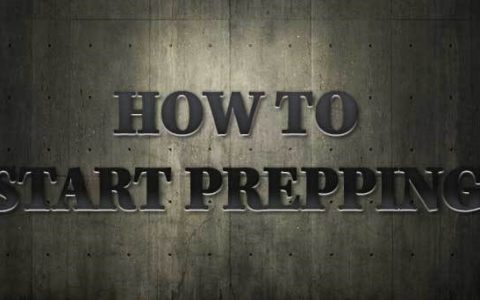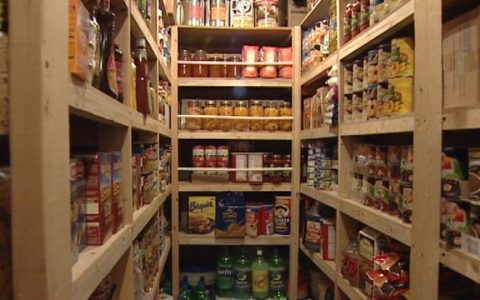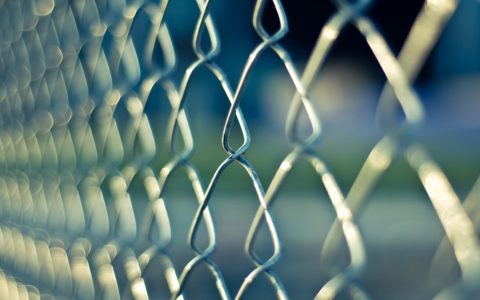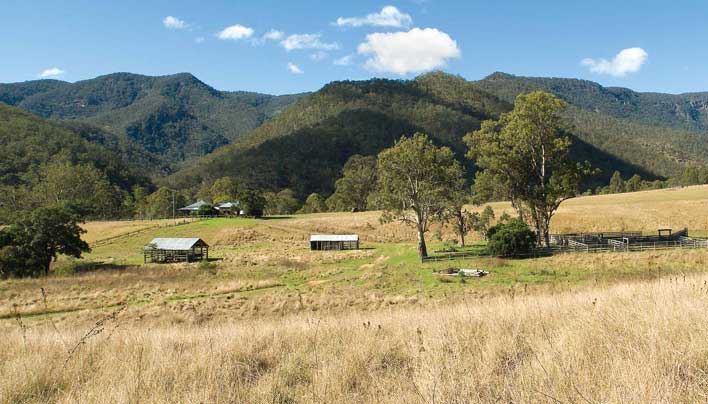
“Is it not already too late if one waits until one is thirsty to begin digging a well?” — Chinese Proverb
When most folks hear “self-reliance” these days, their minds often drift to those picture-perfect homesteads you see in magazines – you know the ones I mean. Twenty acres of pristine land, a beautiful garden bursting with vegetables, crystal-clear well water, and a cozy house ready to weather any storm. It’s a beautiful dream, isn’t it? And if you’ve managed to make that dream your reality, well, that’s wonderful.
But here’s the thing I’ve learned over my many years: you don’t need to wait for that perfect homestead to start building a more self-reliant life. Whether you’re in a city apartment or a suburban home, there’s so much you can do right where you are. Let me share some simple wisdom I’ve gathered along the way.
Remember when things were made to last? Back in the ’50s and ’60s, when I was just a youngster, nearly everything we bought was made right here in America, and more importantly, it was made to be fixed, not tossed away. These days, it might seem easier to throw something out when it breaks, but there’s something deeply satisfying about fixing things with your own hands. Did you know that making just one computer requires 1.8 tons of raw materials? That’s what the folks at the UN University tell us. Every time you repair something instead of replacing it, you’re not just saving money – you’re helping take care of our beautiful planet.
Now, let’s talk about something really close to my heart: taking care of our health. You see, I’ve noticed that too often we wait until something goes wrong before we think about our wellbeing. But wouldn’t it be better to nurture our health like we tend a garden? Learning about natural remedies, eating wholesome foods, staying active, and occasionally giving our bodies a rest through fasting – these are gifts we give ourselves that keep on giving. In today’s world, where a new health challenge can travel as fast as a jet plane, having this knowledge tucked away is like having a trusted friend you can always count on.
Here’s another piece of wisdom that’s served me well: being prepared is just good common sense. It’s like having an umbrella – you don’t carry it because you want it to rain, but you’re sure glad to have it when it does. A simple emergency kit, a well-thought-out plan (that you actually practice!), and some basic first aid knowledge can make all the difference when times get tough. I’ve never had to use my CPR training, thank goodness, but my first aid skills have come in handy more times than I can count!
And let me tell you about one of my favorite ways to build self-reliance – spending time in the great outdoors. There’s nothing quite like a camping trip to teach you what you really need in life. Start small – maybe a weekend of car camping – before you venture into backpacking. The wilderness has been one of my greatest teachers, showing me the difference between what I want and what I truly need. Plus, there’s something magical about spending time under the stars that helps you understand your place in this vast, beautiful world of ours.
You see, building self-reliance isn’t about going it alone or preparing for the worst. It’s about growing a little stronger, a little wiser, and a little more capable each day. It’s about having the peace of mind that comes from knowing you can take care of yourself and help others when needed.
So wherever you are on your journey, remember that every step toward self-reliance is valuable. Whether you’re learning to sew a button, growing your first tomato plant, or setting up your first campsite, you’re building skills that connect you to generations past and future. And isn’t that a beautiful thing to be part of?
Keep learning, keep growing, and most importantly, enjoy the journey. After all, self-reliance isn’t just about surviving – it’s about creating a richer, more meaningful way of living.
Other Self-sufficiency and Preparedness solutions recommended for you:
The Lost Ways (The vital self-sufficiency lessons our great grand-fathers left us)
Survival MD (Knowledge to survive any medical crisis situation)
Backyard Liberty (Liberal’s hidden agenda: more than just your guns…)
Alive After the Fall (Build yourself the only unlimited water source you’ll ever need)
The Lost ways II (4 Important Forgotten Skills used by our Ancestors that can help you in any crisis)
The Patriot Privacy Kit (Secure your privacy in just 10 simple steps)










